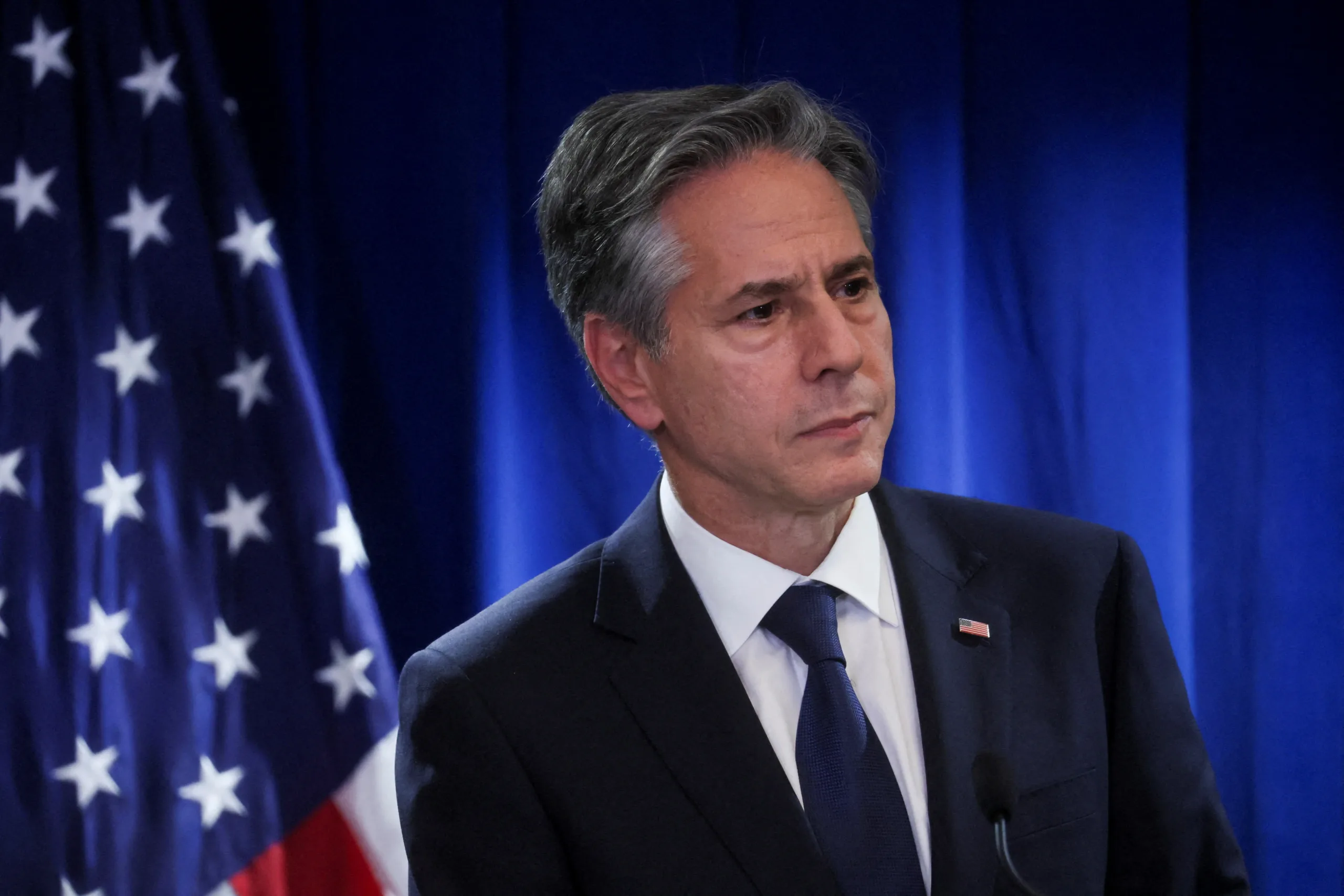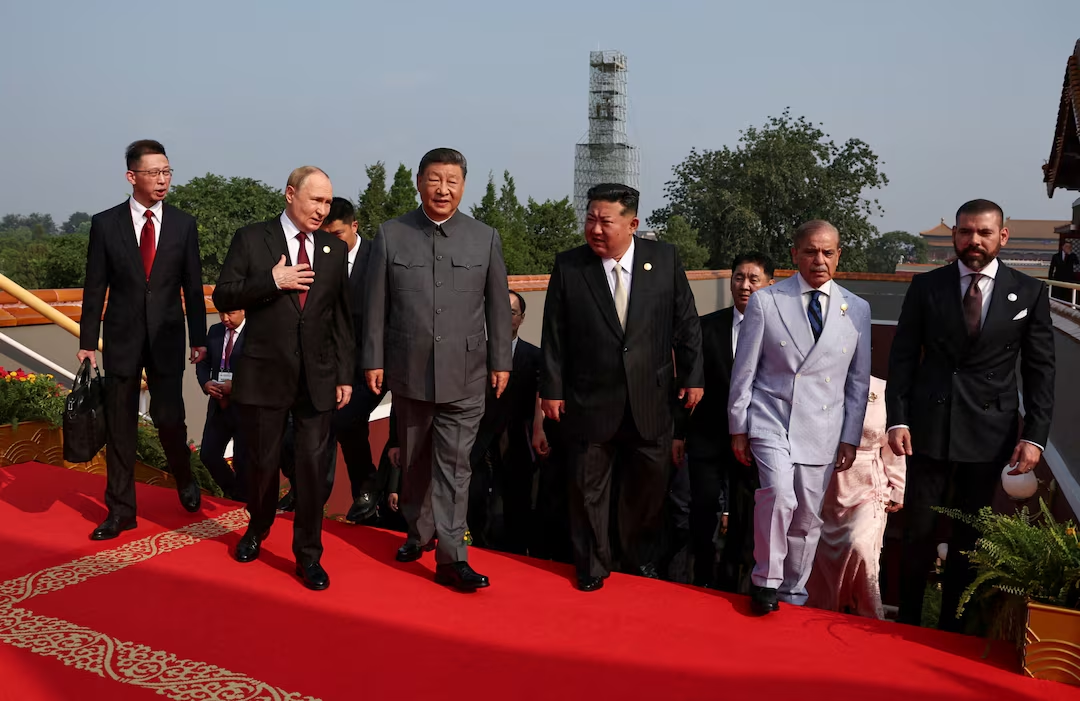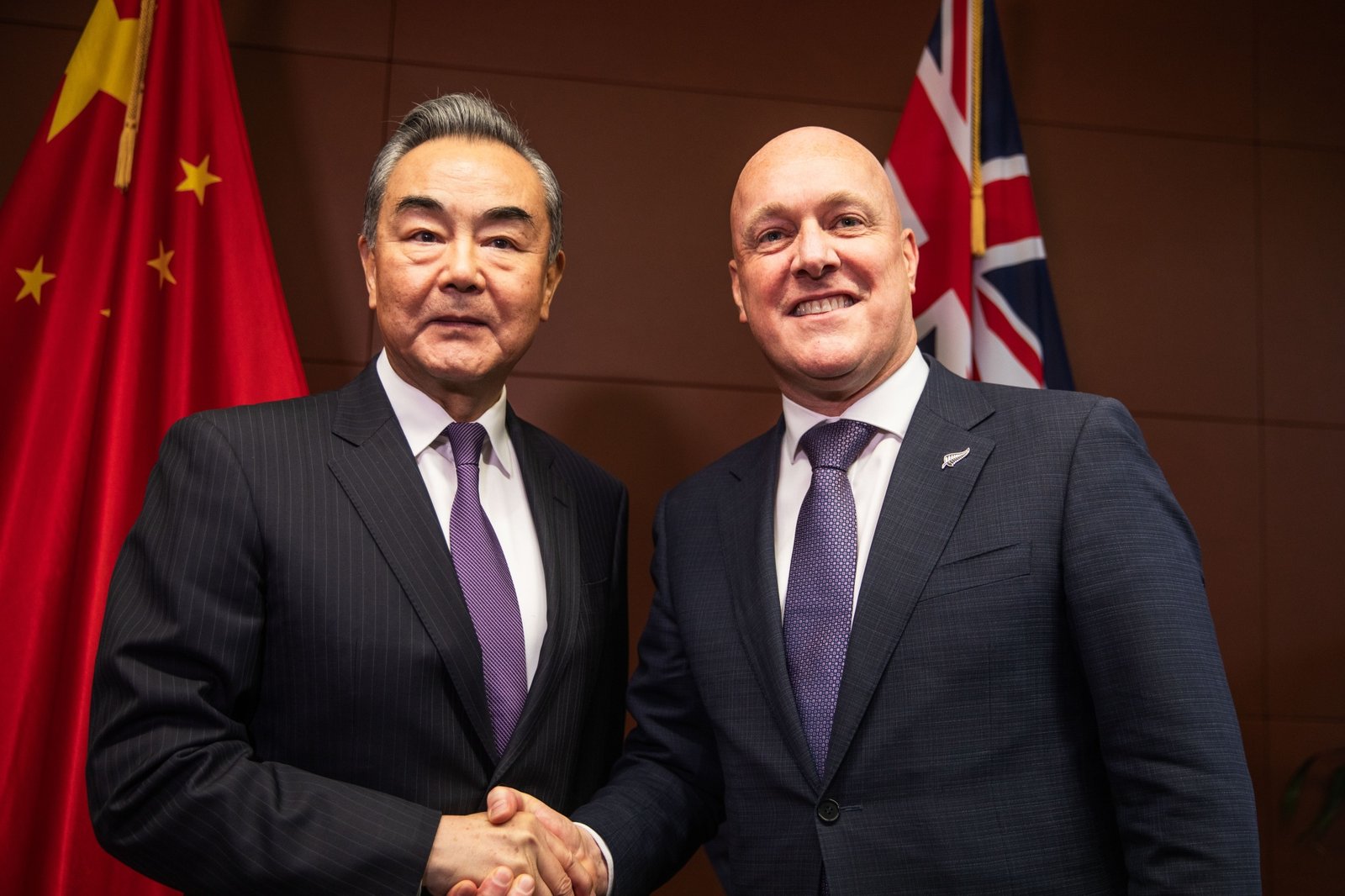US Secretary of State Antony Blinken’s visit to China comes with a call for Beijing to create a level playing field for American enterprises, marking a crucial step in addressing a range of contentious issues that have recently strained bilateral relations.
The ongoing dialogue between the two nations, including working groups on various matters from trade to military communication, reflects efforts to ease tensions that escalated sharply last year. Despite this, differences persist over American businesses’ operations in China, trade practices, and Beijing’s support for Russia amidst the conflict in Ukraine.
During a meeting with China’s top official in Shanghai, Chen Jining, Blinken emphasized concerns about China’s trade policies and economic practices, stressing the importance of fair competition and opportunities for US workers and companies in the Chinese market.
While China defends its manufacturing capacity and competitiveness, Blinken’s visit underscores the need for mutual understanding and cooperation. Interactions with American and Chinese students at New York University’s Shanghai campus highlighted the significance of cultural exchanges in fostering understanding and cooperation.
As Blinken prepares for talks in Beijing with Foreign Minister Wang Yi and possibly President Xi Jinping, the atmosphere remains tense. Recent US legislation aimed at countering China’s military capabilities and addressing concerns over TikTok’s ownership adds complexity to the discussions.
Of particular concern is China’s potential support for Russia’s war effort in Ukraine through technology transfers. Washington is poised to take action against Chinese firms believed to be aiding Russia, underscoring the gravity of the situation.
While both sides strive to find common ground, state media in China have expressed skepticism about the potential outcomes of Blinken’s visit, highlighting persisting animosity and differences in perception between the two nations. Despite these challenges, dialogue remains essential for managing tensions and fostering cooperation on critical global issues.



